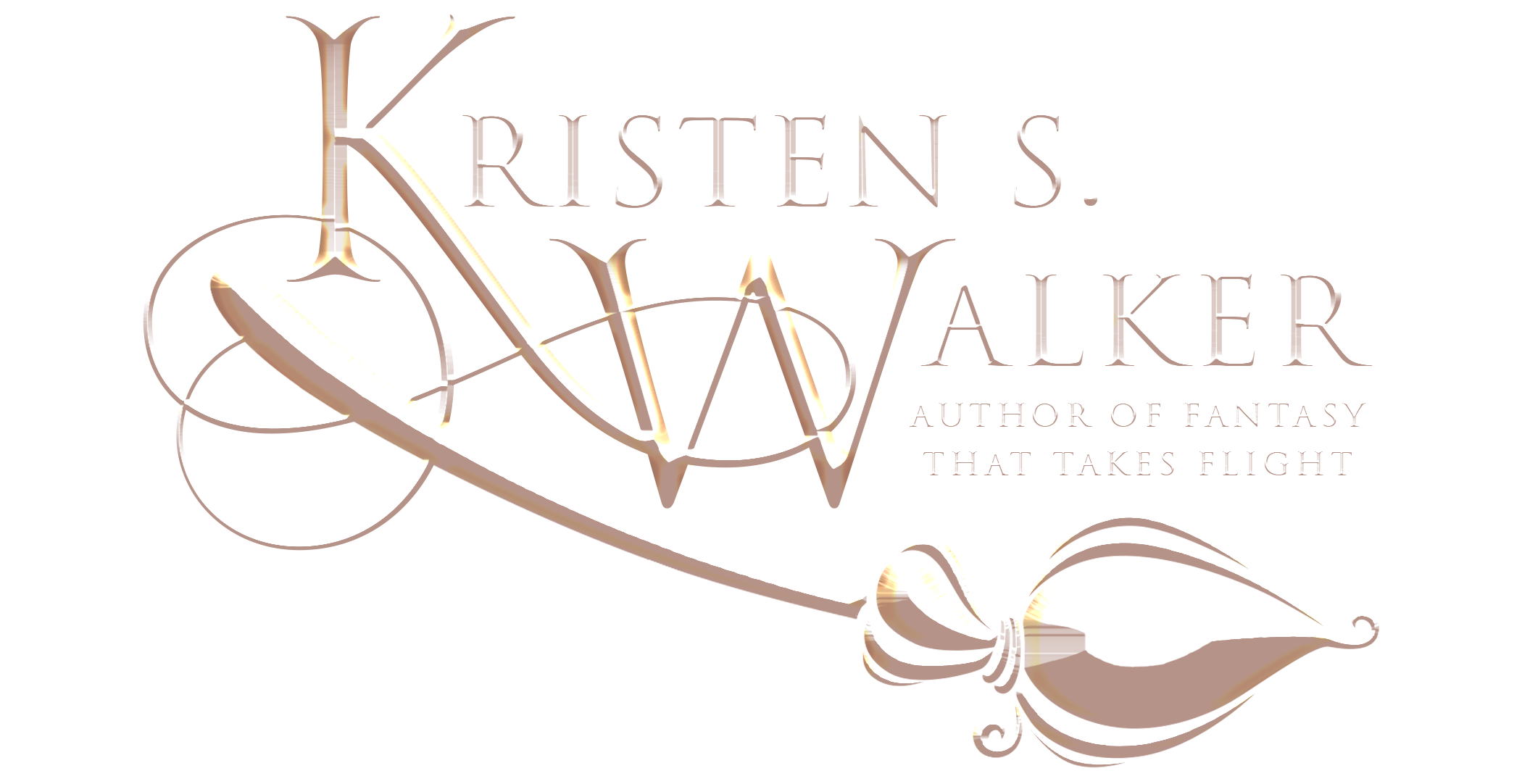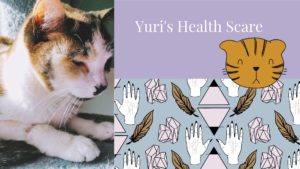On a writing forum that I visit, there was a recent discussion about defining fantasy sub-genres, specifically urban fantasy, contemporary fantasy, and magical realism. Genre definitions can get tricky because some stories can be difficult to categorize and the idea of categorization can sound like putting creative works into pigeon holes. Some writers prefer to say that genres are just a marketing concern for publishers to worry about, and they shouldn’t let their stories be constrained by these ideas.
But genres and sub-genres are useful for defining stories so that we have a shorthand to talk about them. They don’t just help publishing companies determine how to market a work or tell bookstores where to shelve their stock, but they also help authors and readers communicate about the stories that they like and find the people who will enjoy them. If you know that you like traditional fantasy with swords and sorcery, epic quests, and prophecies, for example, then you’re going to want to know which stories have those elements so you can read more of them.
Fantasy is a broad category, so sub-genres are used to help divide it up into smaller groups. Fantasy is generally considered any kind of story that includes magic. (This is different from science fiction, where the defining element is extraordinary science or technology, and horror, which can have supernatural or paranormal elements, but the main focus is on the feeling of terror.) Traditional fantasy typically happens in a fantasy world that is completely fictitious, sometimes in a pseudo-European medieval kingdom.
Urban fantasy involves a different type of setting: fantasy that takes place in a city or urban environment. Sometimes the time period for this can be the modern day (or close to it) because of how urbanized modern life has become, but urban environments have existed for a long time. So is fantasy in a city in the more distant past–say, Victorian London–classified as urban fantasy or not? And what do you call fantasy in the modern day that doesn’t take place in a city? I’ve heard terms like “suburban fantasy”, and then I suppose the next logical step would be to add “rural fantasy”, but how is that different from traditional fantasy that often involves traveling through the countryside (and the classic farm boy-turned-chosen one origin story)?
There are other associations with urban fantasy, too. The traits linked to urban fantasy include things like a noir style, hard-boiled detectives or law enforcement. Some people cite a “gritty” feel. Paranormal romance also seems to overlap with urban fantasy: the type of story where human protagonists are drawn into a forbidden love affair with a supernatural creature.
Contemporary fantasy is more specific about the time period without limiting the setting, and it’s starting to catch on as a popular term. Magic realism is the other term which gets thrown around, but I think that there’s something fundamentally different about magic realism. It’s more like a sub-genre of literary fiction than closely related to any other kind of fantasy, because of the use of literary styles like metafiction and political criticism.
In the end, there’s overlap between a lot of sub-genres and many stories can be classified in more than one category. Genre definitions are also fluid and change over time, depending on how they’re used. Sometimes it can be difficult to figure out where to put a story. The options for an ambiguous story are: rewrite a story to fit into a predefined genre (which may help focus the story, or destroy its core), look for other similar stories which cross the same lines and see what they do, or try to invent a new sub-genre. Inventing a new category, at least unofficially, is to come up with a new term and a clear definition, and then convince other people to use it as well. If it catches on, sooner or later professional marketers, publishers, and bookstores will start using it, too.
How do you define sub-genres like urban fantasy and magic realism? Do you read stories that you would classify as either of these? How do you feel about genre definitions in general?

